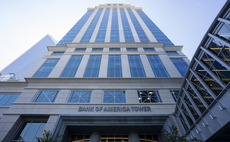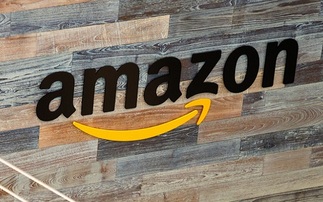First signs e-commerce sales have started to dip and overdue system upgrade requirements cannot be postponed forever
The sales slump gripping the UK retail industry has led to a squeeze on technology investment, with forecast expenditure on new IT systems for 2011-2012 dropping to one per cent of retailers' total...
To continue reading this article...
Join Computing
- Unlimited access to real-time news, analysis and opinion from the technology industry
- Receive important and breaking news in our daily newsletter
- Be the first to hear about our events and awards programmes
- Join live member only interviews with IT leaders at the ‘IT Lounge’; your chance to ask your burning tech questions and have them answered
- Access to the Computing Delta hub providing market intelligence and research
- Receive our members-only newsletter with exclusive opinion pieces from senior IT Leaders






















